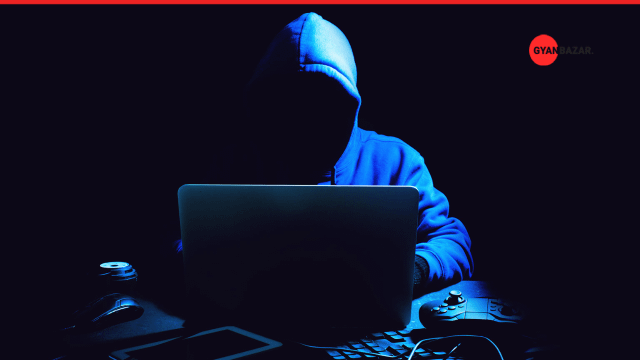In recent years, cybersecurity has become an increasingly important issue for individuals, businesses, and governments. With the rise of digital technology, the threat of cyber attacks has grown exponentially, leading to a constant struggle to stay ahead of hackers and other cybercriminals. However, while cybersecurity is an essential part of modern life, there is also a dark side to this technology that is often overlooked: the ethics of hacking and cyber warfare.
The Ethics of Hacking
Hacking is the act of gaining unauthorized access to a computer system or network. While some hackers use their skills for benign purposes, such as testing security measures or exposing vulnerabilities, others engage in criminal activities such as stealing personal data or perpetrating fraud.
The ethical implications of hacking are complex and multifaceted, as the practice can be both harmful and beneficial depending on the intent of the hacker.
On the one hand, hacking can be seen as a form of civil disobedience, a way for individuals to challenge authority and expose wrongdoing. For example, hacktivist groups like Anonymous have used hacking as a means of political protest, targeting government agencies and corporations they deem to be corrupt or unethical.
In this sense, hacking can be seen as a form of social activism, a way for marginalized groups to challenge the status quo and demand change.
On the other hand, hacking can also be a destructive force, causing widespread damage and disruption. Cyber attacks can result in the theft of sensitive data, financial loss, and even physical harm in some cases.
The use of hacking by criminal organizations and state-sponsored actors poses a significant threat to national security, as evidenced by recent attacks on critical infrastructure and government systems.
The Ethics of Cyber Warfare
Cyber warfare is a type of conflict that involves the use of digital technology to attack or defend against an adversary. This can include hacking into enemy systems, disrupting communications, and stealing sensitive information.
The ethics of cyber warfare are similarly complex, as the use of digital technology in warfare raises new questions about the rules of engagement and the limits of acceptable behavior.
Some argue that cyber warfare is a necessary part of modern warfare, as it allows for precision strikes and minimizes the risk of physical harm to soldiers.
Proponents of cyber warfare also argue that it can be a more humane form of conflict, as it can disrupt the enemy’s ability to operate without causing extensive damage or loss of life.
However, others argue that cyber warfare is a dangerous escalation of conflict, as it can result in unintended consequences and lead to a destabilization of international relations.
The use of cyber weapons also raises concerns about accountability and responsibility, as it can be difficult to attribute attacks to a specific actor or state.
The Impact on Society
The ethics of hacking and cyber warfare have far-reaching implications for society as a whole. Cyber attacks can result in the theft of personal data, financial loss, and even physical harm in some cases.
The use of cyber weapons in warfare can destabilize international relations and lead to unintended consequences.
Additionally, the proliferation of hacking tools and techniques has led to an arms race between hackers and security professionals, with both sides constantly developing new methods and technologies in a bid to gain the upper hand.
The Need for Responsible Action
Given the potential harm that can result from unethical hacking and cyber warfare, there is a pressing need for responsible action to ensure that these technologies are used in a way that promotes the greater good. This includes developing ethical guidelines for the use of hacking and cyber warfare, as well as investing in cybersecurity research and development to stay ahead of emerging threats.
Responsible action also requires a commitment to transparency and accountability.
Governments and organizations must be held accountable for their actions in cyberspace, and the public must have access to information about the nature and extent of cyber attacks. This includes increased transparency around the use of hacking and cyber warfare by state actors, as well as greater accountability for corporations and other organizations that engage in unethical practices.
Another important aspect of responsible action is education. The general public needs to be aware of the risks and implications of cyber attacks, as well as the potential benefits of ethical hacking and cybersecurity. This includes educating individuals on how to protect themselves from cyber threats, as well as promoting awareness of cybersecurity best practices in the workplace and other settings.
In conclusion, the ethics of hacking and cyber warfare are complex and multifaceted, with far-reaching implications for society as a whole. As these technologies continue to evolve, it is essential that we take a responsible and ethical approach to their use, promoting transparency, accountability, and education to ensure that they are used in a way that promotes the greater good. By doing so, we can help to safeguard our digital future and protect against the potentially devastating consequences of unethical hacking and cyber warfare.

